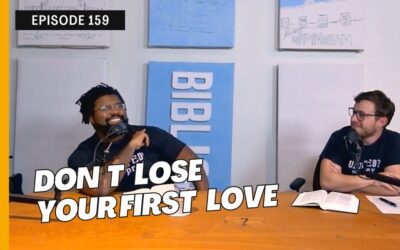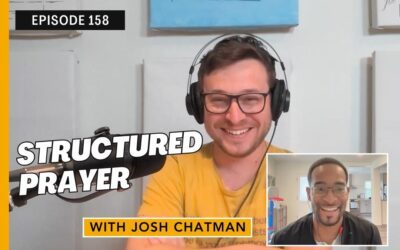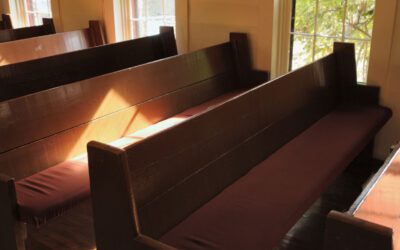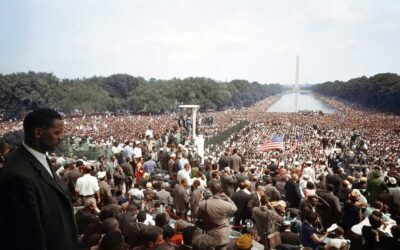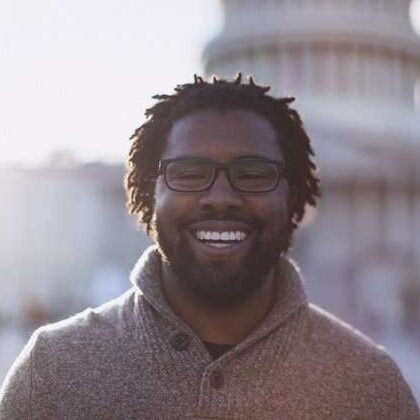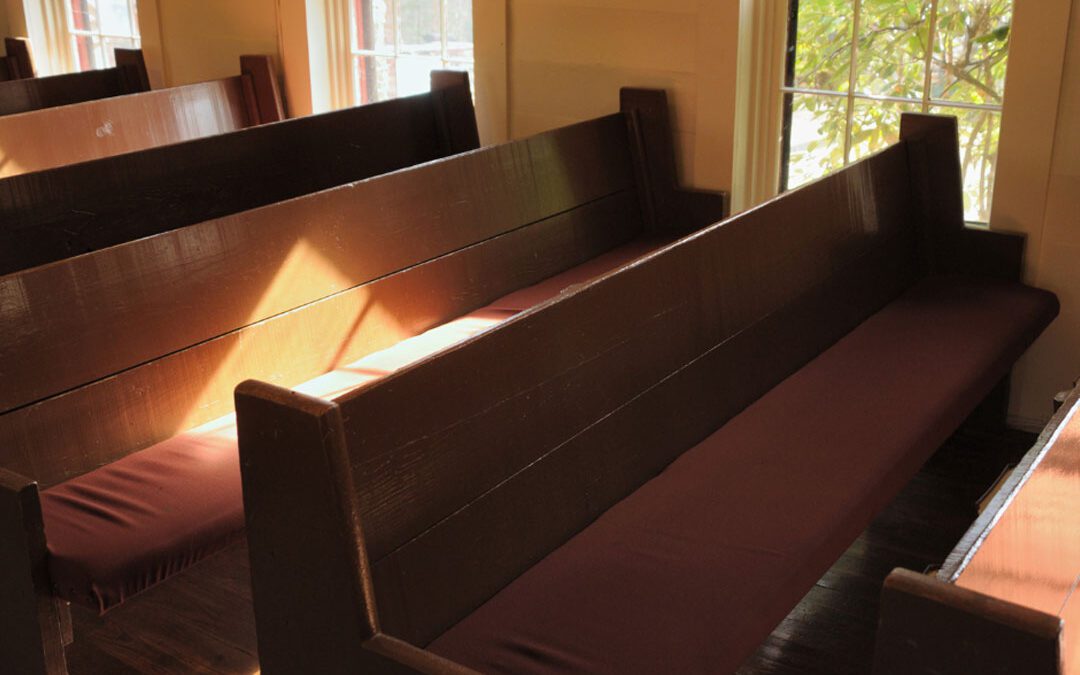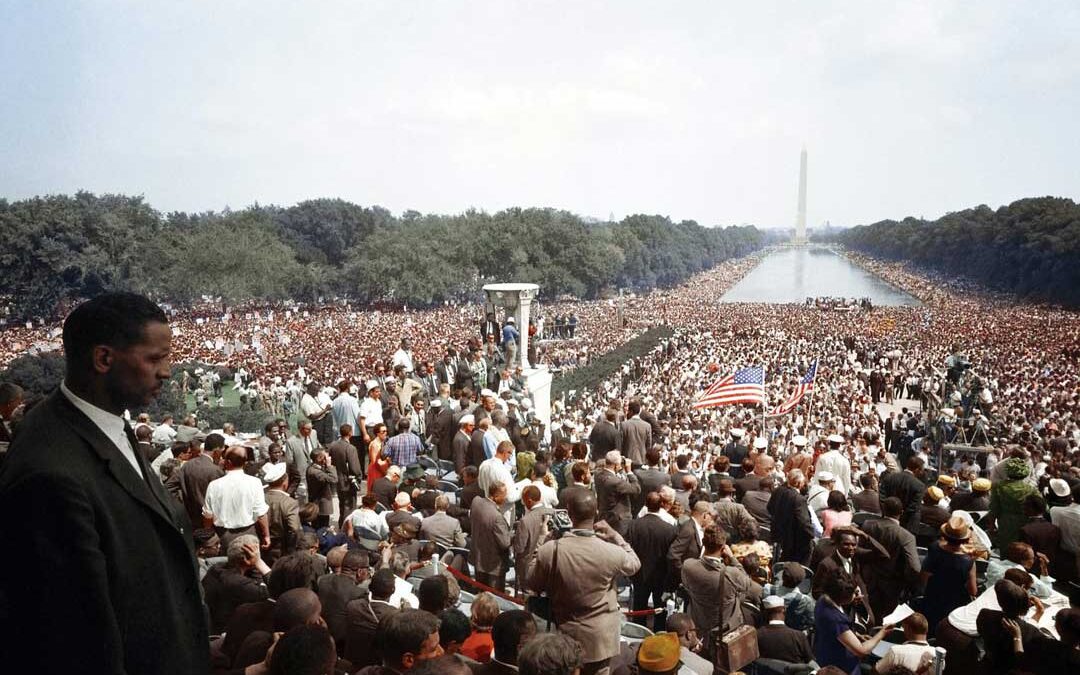“Lord, thank you for the liberties we enjoy.”
That’s how my wife prayed the other day. Her prayer struck me because she often does not pray for liberties we take for granted in the U.S. What was going on? What changed? Here’s the answer: Her knowledge about the suffering of others changed, and her prayers followed suit.
Her heart had been bothered. She recently read Georgia Hunter’s We Were the Lucky Ones, a devastating novel about the terrors of the Nazi regime, specifically as it oppressed Jews in Poland and one family in particular. The novel opens with this haunting epigraph:
“By the end of the Holocaust, 90 percent of Poland’s three million Jews were annihilated; of more than thirty thousand Jews who lived in Radom, fewer than three hundred survived.”
Having learned this, my wife’s prayers would not sound the same. What she read changed what she prayed.

SPECIFIC WRITING FOR SPECIFIC PRAYING
Why do I mention a novel and its effects? It is because U?WP is now publishing articles (like the one you are reading). And we hope that in the same way the conversations on our podcast inform our prayers, the writing on our website informs yours. In other words, we hope our writing helps your praying.
As Christians, we want to love our neighbors. Jesus said this is what the Law and Prophets were all about (Matthew 22:34-50). One way to love our neighbors better is praying for them and the systems and societies they are a part of.
When it comes to praying for our neighbor, it is great to pray general things from Scripture for them. What’s more, God’s Spirit helps us pray when we don’t know how to pray as we ought (Romans 8:26-27). When it comes to race, I trust many of us have echoed Jehoshaphat’s prayer: “Our God…we do not know what to do, but our eyes are on you” (2 Chronicles 20:12). So, the hope of our prayers isn’t our accuracy in prayer, but that our merciful God helps us even when we don’t know what to say or do. Brothers and sisters, this is why we come to our Father confidently in the name of His Son, our Lord Jesus Christ.
That said, praying specifically for our neighbor is a way to express specific care for them; it’s a way to take specific requests to our Father who hears specifically. In Scripture, we find general prayers, and we also find specific prayers—whether for a baby (1 Samuel. 1:11), a prisoner (Acts 12:5), or fire from above (1 Kings 18:37). These verses may be unique in their context but one application they share is not: Christians pray specifically, and we hope our writing is one small way to faithfully spur our readers on in doing so.
So we can be praying specifically, articles on U?WP will have three distinctives:
-
Every article will include prayer requests that will be relevant to the article’s content. Look for these. And don’t just look for these requests, pray them please! These requests aren’t meant to be tack-ons, but rather application points—ways to change and grow in prayer.
-
No article will have a comments section. We’re not trying to primarily create a forum for y’all to talk at us (and let’s be real—some of y’all get crazy in the comments section). Rather, we’re trying to encourage you to talk to God about these matters. So if you want to comment on something we’ve written—whether positively or negatively—look out for some line like the following at the end of each article: “We’d love to hear what you think about this article. Submit your letter to the editor at [email protected] or contact us.”
-
Every article will be edited by Austin Suter, Lord willing. I’m excited to introduce you to the editor of U?WP’s writing—Austin. He’s a good brother who is as thoughtful as he is short (he really is not all that tall). Austin is white and from a rural part of the country, and he’s taken advantage of opportunities to speak out against racial ignorance and indifference. He’s been a conversation partner and editor of mine for years. If you’ve benefited from anything I’ve written on race, chances are it’s because of Austin’s work, and I’m glad that work is now coming to the forefront. You can learn more about Austin here.
So, there you have it. We hope to keep praying, and we hope our writing helps you to do so in faithful, informed, specific ways. After all, God may know all our neighbors need, but we don’t. So let’s read, and then ask of our Father on their behalf.
Prayer Requests:
- Pray U?WP would stay faithful to the three things we’re aiming to be: biblical, beneficial, and clear. Read more about these aims here.
- Pray the Lord would allow U?WP’s writing to help people pray better about race and racism, and pray he would allow our writing to help people better care for their neighbors and fellow church members.
- Pray for Austin and his work of editing, that the Lord would give him wisdom and insight, and knowledge for how to steward this opportunity well.


